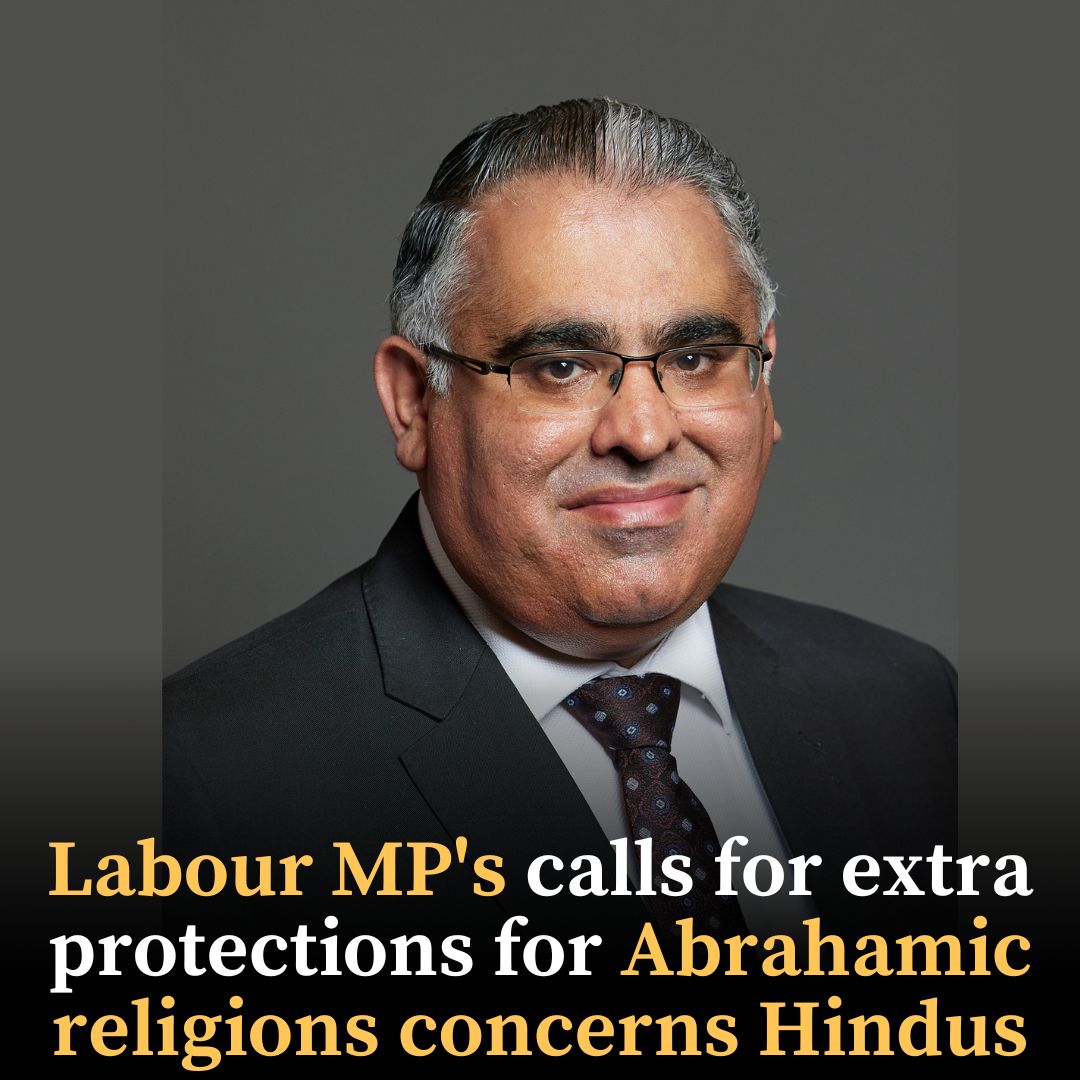In November 2024, Labour MP Tahir Ali asked the Prime Minister to prevent the desecration of “religious texts and prophets of the Abrahamic religions”, without mentioning Hindu and Hindu-adjacent faiths. Ali’s comments have concerned many British Hindus, particularly about his lack of inclusivity in only seeking protections for Abrahamic religions. Numerous British Hindu temples have raised security concerns over the last five years, whilst in March 2024, mosques received an extra £117 million in security funding. Hindus are, therefore, concerned that such selective protections could further perpetuate this imbalance.
As Hinduism encourages open debate and intellectual discourse, British Hindus also fear that Ali’s suggestions risk undermining freedom of speech by conflating legitimate critique, humour, or discussion with ‘hate speech’. This concern is not unique to Hindus. The National Secular Society (NSS) warned that introducing laws against desecration could lead to a reintroduction of blasphemy laws, which were abolished in England and Wales in 2008. The NSS emphasised the importance of distinguishing between hateful actions and free expression to safeguard democratic values. British Sikh groups have also voiced concerns over the proposed definition of Islamophobia which includes calls to criminalise historically factual statements, such as suggesting that Islam was imposed on certain populations by force or coercion. This could stop Sikhs from freely discussing their religious history, much of which revolves around resisting Islamic invasion. Several Sikh festivals, such as the martyrdoms of Guru Arjan Dev and Guru Tegh Bahadur, are based on Sikh resistance to forced conversions. Fighting Islamic colonisation and forced conversion to Islam also features in Hindu history, which predates the start of Sikhism.
Image credit: ©House of Commons/Laurie Noble

